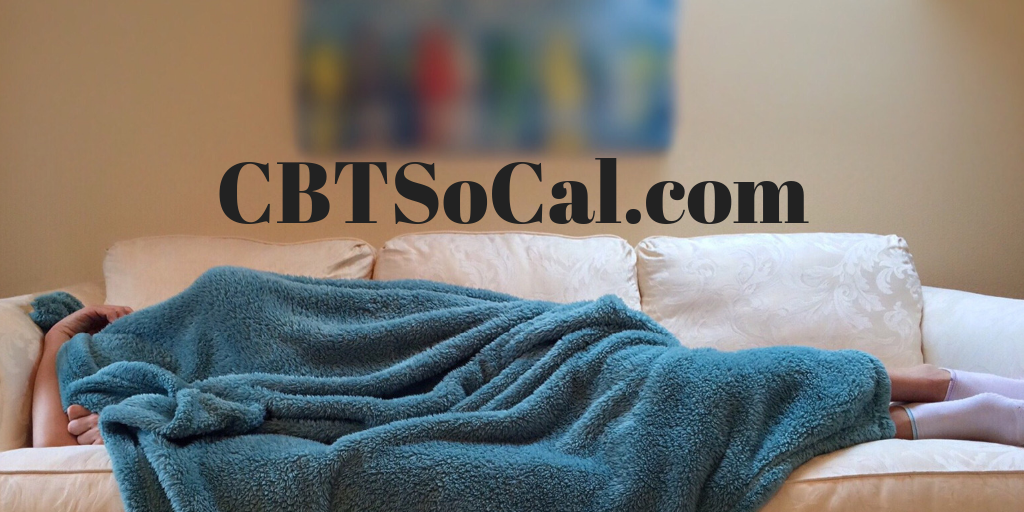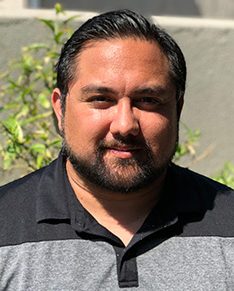The science behind why sleep matters. Part 3. How to get a good night’s sleep


Sleep is important. Getting enough sleep is a crucial part of living a healthy lifestyle. Lack of sleep is related to irritability, worry, and even depression. When we don’t get enough sleep we are also more likely to gain weight and suffer from hypertension. In recent blog posts, we discussed how much sleep is necessary and how sleep difficulties can lead to acute and chronic insomnia. In our final blog post reviewing Holly Pevzner’s Psychology Today article, we will discuss sleep strategies reviewed by Pevzner.
Morning light
Our modern lifestyles often require us to be indoors, or at the very least, do not require us to spend much time outdoors. This reduces the amount of sunlight we are exposed to on a daily basis. Pevzner discussed research showing that when individuals go camping for a week their sleep significantly improves. Why is that? When people camp they are exposed to fewer screens and fluorescent lights while being exposed to much more sunlight. When individuals camp for one week they are exposed to 13 times as much daily sunlight as usual, which leads to their bodies releasing greater amounts of melatonin earlier in the evening. This increases their sleep drive leading to a better quality of sleep.
What if we cannot go camping for a week? Pevzner pointed out that making efforts to spend time in the sun, especially morning light, can pay dividends in improving our sleep. If it is not possible to enjoy natural morning light, it may be worth it to invest in a light box.
Cognitive behavior therapy for insomnia
Pevzner also reviewed research supporting many sleep strategies integral to cognitive behavior therapy for insomnia, also known as CBT-I. The primary sleep strategy discussed is often referred to as stimulus control. Stimulus control involves individuals creating a powerful association between their bed and sleep. We all develop associations with our environment. If we love our job, walking through the doorway at our place of work helps us to feel motivated and energized. If we hate our job, we feel drained and irritable just by thinking about it. The same process can take place with our beds. If we are efficient sleepers, we feel comfortable and sleepy as soon as we lay down. If we struggle with insomnia, we feel alert and frustrated as soon as our head hits the pillow.
So, what should we do? Pevzner discussed research suggesting that our bed should be reserved only for sleep and sex. Therefore, we should not watch Netflix, send text messages, or read work emails while lying in bed, as that conditions our brains to be awake while in bed. Furthermore, if we are struggling to fall asleep, we should immediately leave the bed and do something relaxing. Once we are more relaxed and sleepy, we can then go back to bed. This will lead to a powerful association between the bed and sleepiness, which plays a key role in how CBT-I addresses insomnia.
CBT-I is highly effective in addressing insomnia because it involves sleep strategies as well as methods of addressing the anxiety that comes along with insomnia. Difficulty sleeping often leads to worry about difficulty sleeping, which makes it more difficult to sleep. It can be a vicious cycle. Pevzner noted that journaling about our worries can be helpful. When we worry it can seem like an endless stream of thoughts. However, when we write down our thoughts, our worries become more finite and easier to either address or to set aside for the night.
In this blog series, we have discussed Pevzner’s review of sleep research. Sleep is important and not getting enough of it can lead to problems in our mental and physical health. However, lack of sleep can be addressed through a combination of sleep strategies and cognitive behavior therapy known as CBT-I. If you would like to learn more about CBT-I you can contact us to schedule a free phone consultation.

Dr. Jason von Stietz specializes in Cognitive Behavior Therapy and Sport/Performance Psychology in Torrance, CA. He works in the Torrance office and is available for a free initial phone consultation. Dr. von Stietz works with individuals from Long Beach, the greater Los Angeles area, and the South Bay including Palos Verdes, Redondo Beach, Hermosa Beach, Manhattan Beach, and El Segundo.
